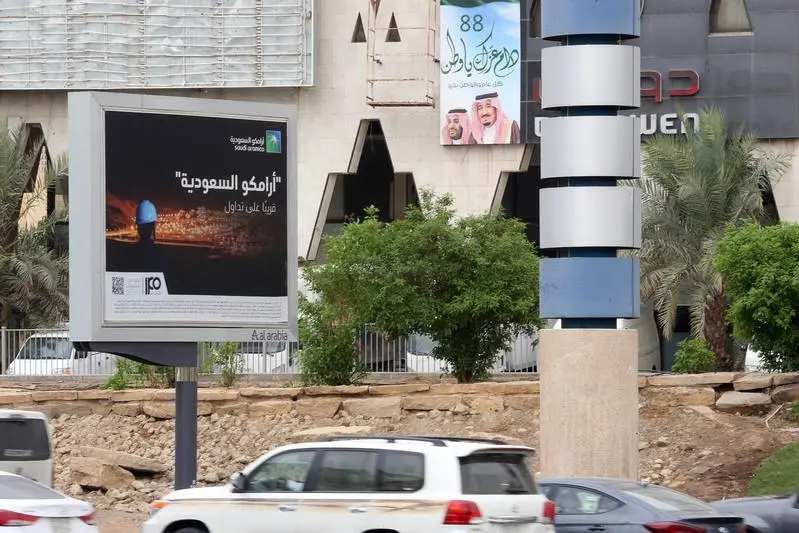PHOTO
Led by Saudi Arabia and the UAE, initial public offering (IPO) activity in the Gulf is expected to pick up in 2020, with around 16 companies likely to go public as compared to nine firms last year, analysts say.
Though the number of IPOs are expected to surpass last year's, the value is highly unlikely to cross 2019's figures in the foreseeable future due to Saudi Aramco's record fund-raising in the last quarter of 2019.
Nine companies in the region went public in 2019 as compared to 17 in the previous year. However, 2019 was headlined by the much-awaited IPO of Saudi Aramco announced in Q4, that eventually raised $29.4 billion and became the world's largest company at $2 trillion. As a result, capital issuances in the GCC last year through the IPO market jumped nearly 13 times year-on-year to $31.1 billion.
MR Raghu, managing director of Marmore Mena Intelligence, says there is better business optimism in the air for 2020, thanks to measures like the US-China trade war agreement, increase in foreign ownership limits, and initiatives to facilitate listing of family-owned businesses to go in for IPOs.
"Based on public announcements, around 16 IPOs are expected in 2020 in the UAE and other GCC countries," he said.
He added that Saudi Arabia is expected to lead the region with six IPOs including supermarket group Bindawood Holding Co, fast food burger chain Hamburgini, and home financing company Amlak International for Real Estate Finance Company. In the UAE, five companies like Aafaq Islamic Finance, Bayt.Com, and MAG Development have expressed interest for an IPO. In addition, four IPOs are expected from Oman and one IPO from Kuwait.
Thomas Mathew, assistant vice-president for Kamco Invest, said that the GCC IPO markets in 2020 could see healthy activity, given that corporates who were waiting for state-owned enterprises to provide leadership in primary equity markets could enter the market.
"Government initiatives and regulatory reforms like the Saudi Arabian CMA easing foreign strategic ownership limits of 49 per cent would be welcome for both primary and secondary markets, as seen in 2019. Initiatives and policies that support and encourage SMEs and family business to take the IPO route, as being considered by the UAE, would also aid primary equity markets and investors to tap into entities with a wide variety of business models and product offerings," Mathew said.
Zachary Cefaratti, founder and CEO of Delma Capital, said that markets in the UAE have not seen strong performance in recent years and trading volumes have been in decline. "If conditions do not improve, this will continue to deter IPOs," he said.
Cefaratti noted that the IPO of Dubai Parks was launched in 2014 when markets were frothy, which sent shockwaves into the IPO market and it never fully recovered.
He sees a broader market recovery in the UAE in 2020 on the back of ongoing stimulus, favourable macroeconomic conditions and improving investor sentiment. All this would support revitalisation of the domestic IPO market. "Saudi Arabia's IPO calendar is looking increasingly healthy in 2020 - the strong performance of Aramco has awakened animal spirits in the Saudi market, which is attracting a wave of IPOs such as the hotly anticipated Dr. Sulaiman al Habib listing. Saudi's Arabia's markets are mature and trade on robust volumes."
He also expects the IPO of Oman Oil in 2020 to bolster the regional IPO market, and continued listing of the region's crown jewels at investor-friendly valuations could support a potential IPO Renaissance in the region, where trading of shares is largely dominated by retail investors who are largely driven by sentiment and animal spirits.
"Lasting success for regional IPOs and public markets will depend on continually improving governance and convergence with global standards as the market matures," he added.
Copyright © 2020 Khaleej Times. All Rights Reserved. Provided by SyndiGate Media Inc. (Syndigate.info).





















